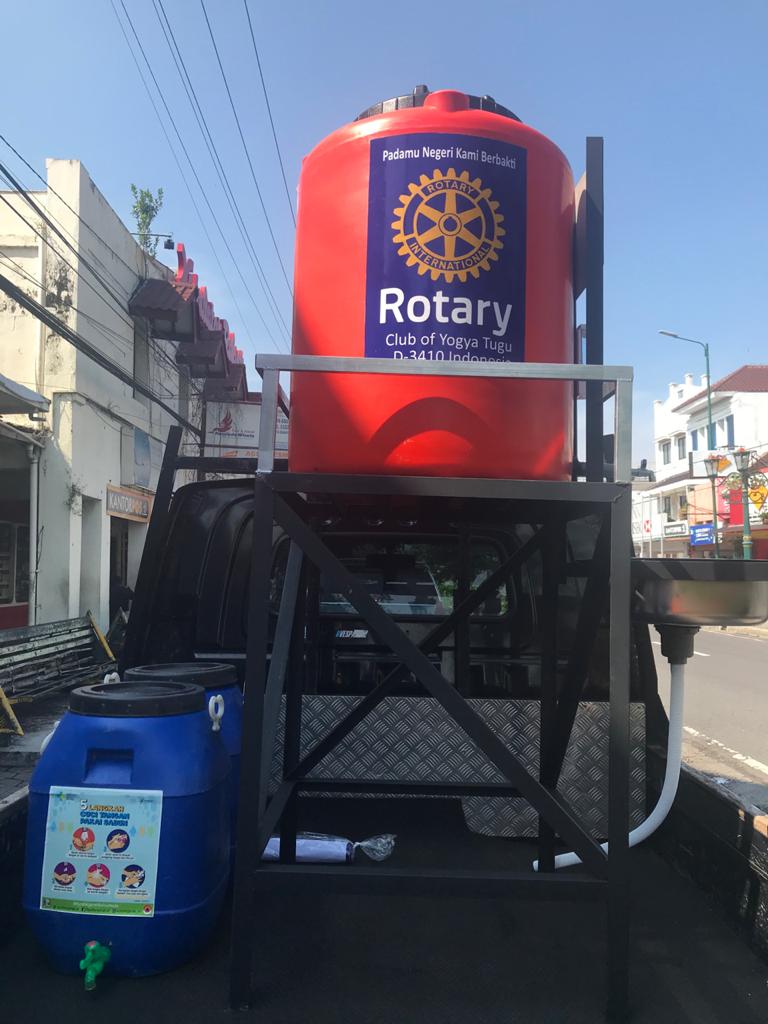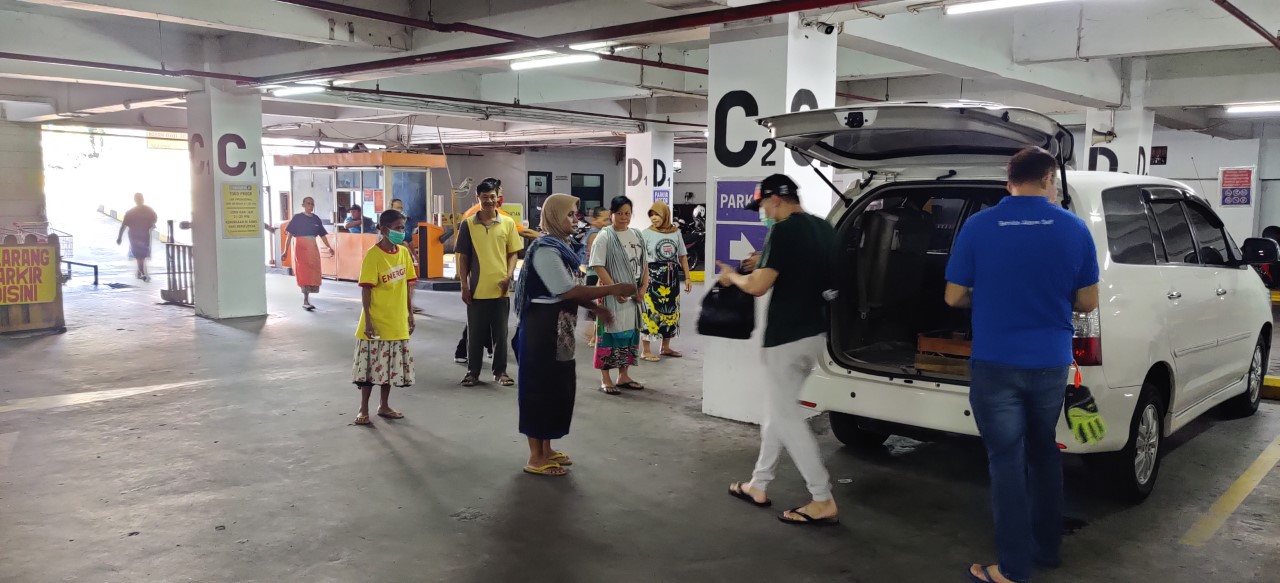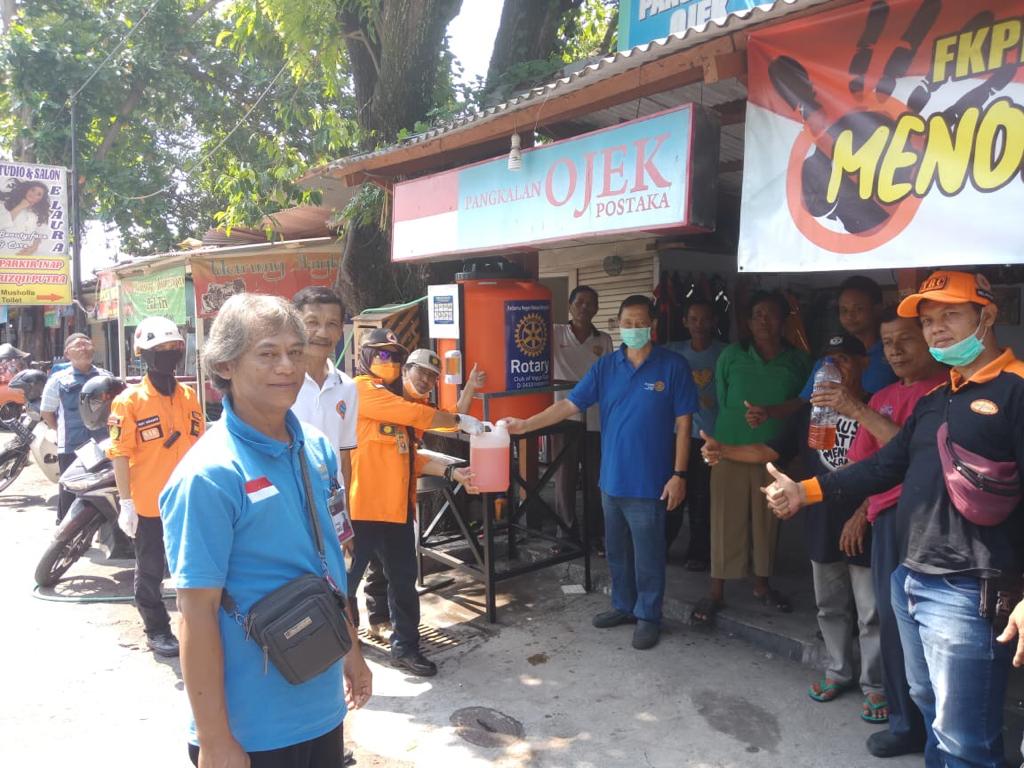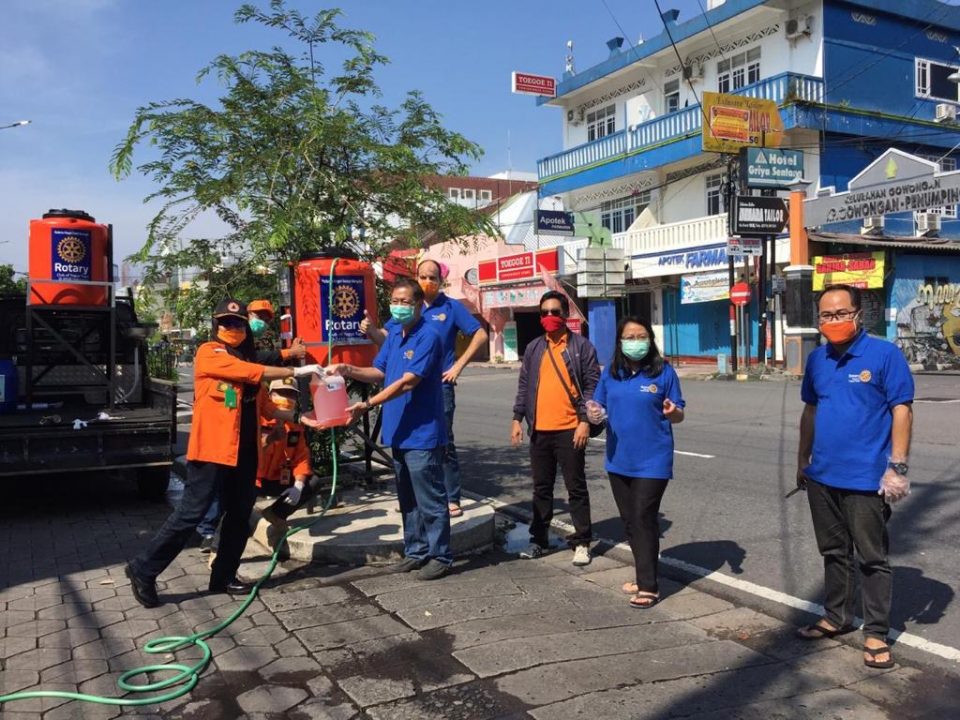Even without a full lockdown in force, Yogyakarta is a very different place than it was just a few short weeks ago.
Just like elsewhere in Indonesia, the idea of coronavirus was an abstract concept; something happening elsewhere. It was a good street chat but nothing real.
Then, two weeks ago, things began to change. Policies of social distancing were announced in Jakarta and Bali got an extended Nyepi. In Yogyakarta, the Sultan began to send vehicles with loudspeakers around the city to remind everyone to wash their hands, stay indoors, and unite against the virus.
These steps have been long called for and there are many who are thankful that Indonesia was finally starting to get to grips with the situation. But there are others who have lived in fear of calls to stay home, travel restrictions, and lockdowns – the people who make their money trading on the streets.
Malioboro Street is usually the pulsating heart of Jogja, but for the past week or more, it’s been beating to a much slower rhythm. There are no local tourists here to see the bright lights and listen to the bustle and buskers; no one to buy the sate ayam, no kids wanting balloons and slinkies, and no visitors to book tours.
When there’s no business, there’s no money, and without money, there is no food. Knowing the usually thriving community of traders around Pasar Beringharjo were struggling, a local branch of the Rotary Club Yogya Tugu, stepped up.
 Past President Dwi said, “I know most of the traders in the Beringharjo market and realised how badly they are struggling now their business activities have gone down due to the COVID-19 impact.” She organised members President Elect Marcus, Rotarian Fenny, and Rotarian Viera, along with outside help from President Andi from the Prambanan branch, PE Marcus’ wife Cika, and PP Dwi’s own son Ardy RH, to distribute Rp5 million worth of food packages.
Past President Dwi said, “I know most of the traders in the Beringharjo market and realised how badly they are struggling now their business activities have gone down due to the COVID-19 impact.” She organised members President Elect Marcus, Rotarian Fenny, and Rotarian Viera, along with outside help from President Andi from the Prambanan branch, PE Marcus’ wife Cika, and PP Dwi’s own son Ardy RH, to distribute Rp5 million worth of food packages.
Inside the parcels were staples including eggs, rice, noodles, and vitamin C tablets. At least 55 traders received assistance, and there is plenty of opportunity for others to take such initiatives around Jogja and across Indonesia in the communities they live and work in.
 The food packages were a departure from the normal idea of supporting communities through sustainability that underpins the Rotary Club, but it was identified as an urgent need. Past District Governor of the branch, Sadana, said,
The food packages were a departure from the normal idea of supporting communities through sustainability that underpins the Rotary Club, but it was identified as an urgent need. Past District Governor of the branch, Sadana, said,
“We have worked hard for nearly 25 years to get where we are now. We need to keep our city standing so we can keep developing Yogyakarta.”
Usually, this branch of the Rotary Club focuses their work on offering 0 percent micro-credit loans to small businesses and sole traders around the city as well as offering medical services. The club funds two clinics, one just off Malioboro that aims to make healthcare accessible to those on lower incomes, and one inside the Kraton to ensure the health of the palace workers, or Abdi Dalem.
Everyone has knowledge and expertise that they can adapt and use to help their communities in this time of need. Now, more than ever, there is a responsibility on the shoulders of those that have the means to support those who need help.
Understanding that, Past President Handy, President Rosyidi, and Rotarian Galih organised for hand washing stations to be strategically placed around the city. “Because I am in the hotel and spa business, I know how important hygiene is. Now COVID-19 has hit our city, all people of Yogyakarta need to focus more on hygiene, so I decided to build portable hand washing stations and share them with others.”
Another strand to the efforts today was an educational initiative. There are plenty of effective messages being put out across social media and traditional media platforms, but many people don’t have access to smartphones and TVs in the kampungs of Jogja, and indeed elsewhere in Indonesia.
Working with a team of local volunteers, an educational leaflet explaining what COVID-19 looks like, what to do when you think someone has it, and the meaning of social distancing and self-isolation was included in the food packs.
 Today’s efforts from Rotary Club Yogya Tugu had plenty of background support from all members, even if they couldn’t be present. Those who aren’t members were welcomed to be able to offer their support and ideas. Pulling together to do whatever good work is possible is vital to the longevity and sustainability of all corners of Indonesia.
Today’s efforts from Rotary Club Yogya Tugu had plenty of background support from all members, even if they couldn’t be present. Those who aren’t members were welcomed to be able to offer their support and ideas. Pulling together to do whatever good work is possible is vital to the longevity and sustainability of all corners of Indonesia.
Ensuring our communities are looked after, are able to eat, and understand how to survive this pandemic is something we can all take part in. A simple act of offering to your local leaders to print out educational leaflets, tipping your Grab or Gojek driver, or organising groups to mirror today’s efforts in Yogyakarta, will all go to helping your adopted home to come out strong at the other end of the crisis.




